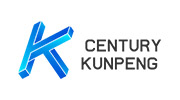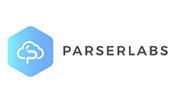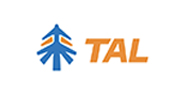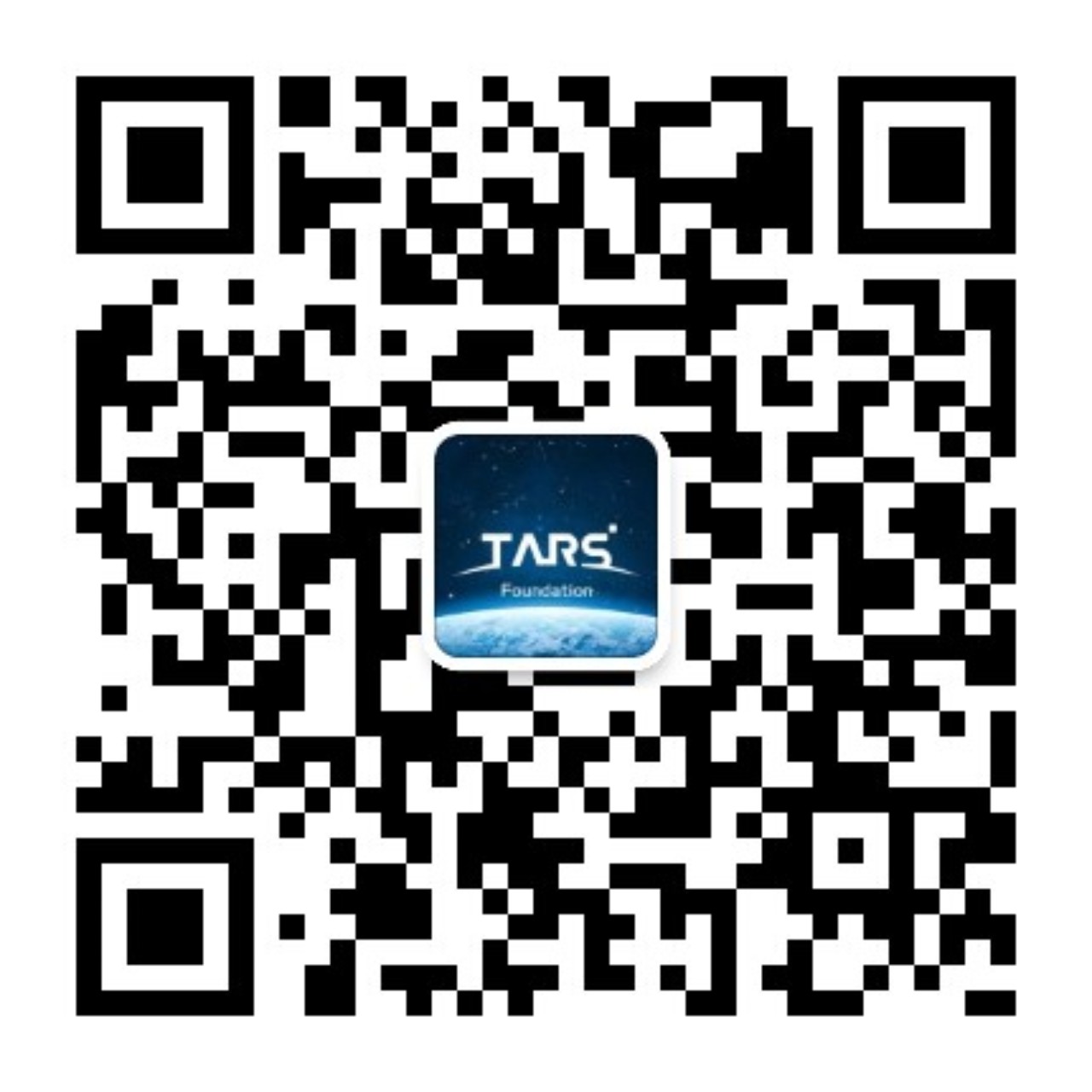


FOCUS ON MICROSERVICE ECOSYSTEM
WITH HIGH PERFORMANCE AND MULTIPLE LANGUAGES
-
 TRANSMIT
TRANSMIT
-
 AGILE
AGILE
-
 RELIABLE
RELIABLE
-
 SEEING
SEEING
TARS uses IDL, Interface Description Language, to support many programming languages, such as C++, Java, Node.JS, PHP, Python, and Golang. In this way, programs written in different languages or on different platforms can communicate with each other.
According to the interface description file, TARS can automatically generate basic communication code between client and server. Developers only need to focus on business logic and provide service to the outside.TARS can be integrated into component management, code scanning, testing, and other tools or platforms, by helping to detect and to fix the problems of code quality.
TARS supports intelligent scheduling based on network and server state, such as location and latency. It also provides IDC, SET grouping, and other functions to meet requirements of customized scheduling. In order to prevent system crash caused by traffic burst or server failure, TARS uses non-blocking asynchronous request queue and monitors the length of the queue to ensure operation of the system.
The lossless change function of TARS makes the function module not affect the overall operation of the system in the process of changing through the way of grayscale. Additionally, it is convenient for operators to manage because of its multi-dimensional monitor and visual management platform.
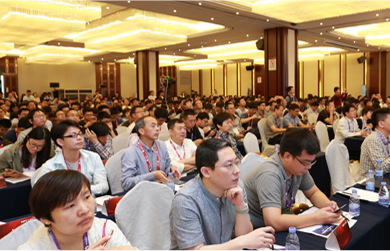
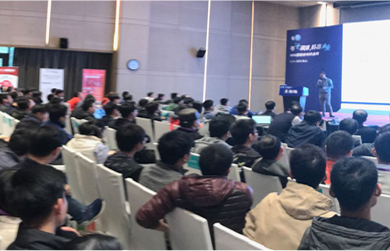
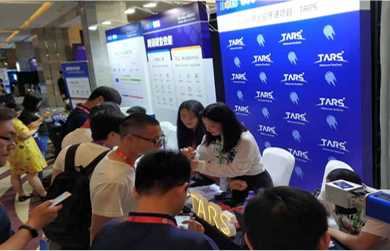
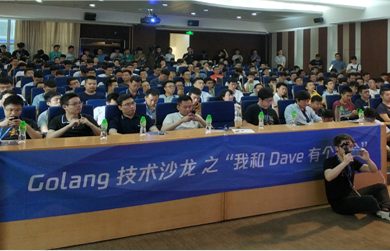
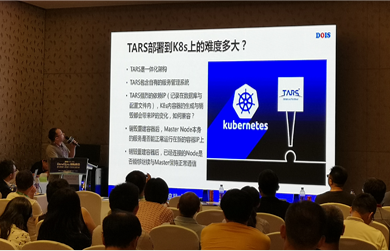
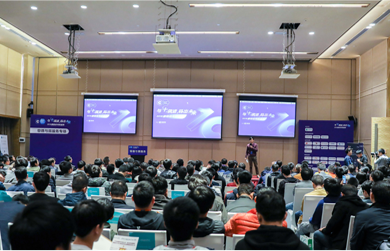
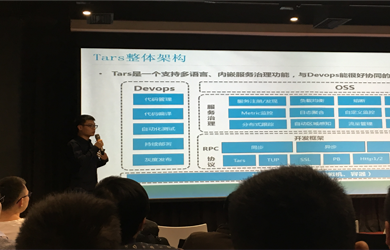
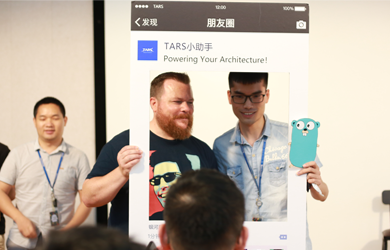
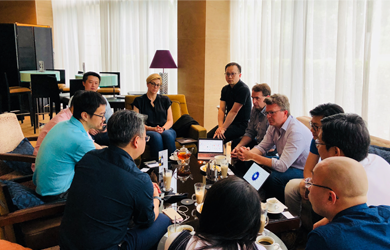

Linux Founded in 2000. The Linux Foundation is dedicated to building sustainable ecosystems around open source projects to accelerate technology development and industry adoption.

A non-profit, microservices foundation, part of the Linux Foundation. TARS Foundation is an open source software foundation to build a powerful and flexible microservices ecosystem.
